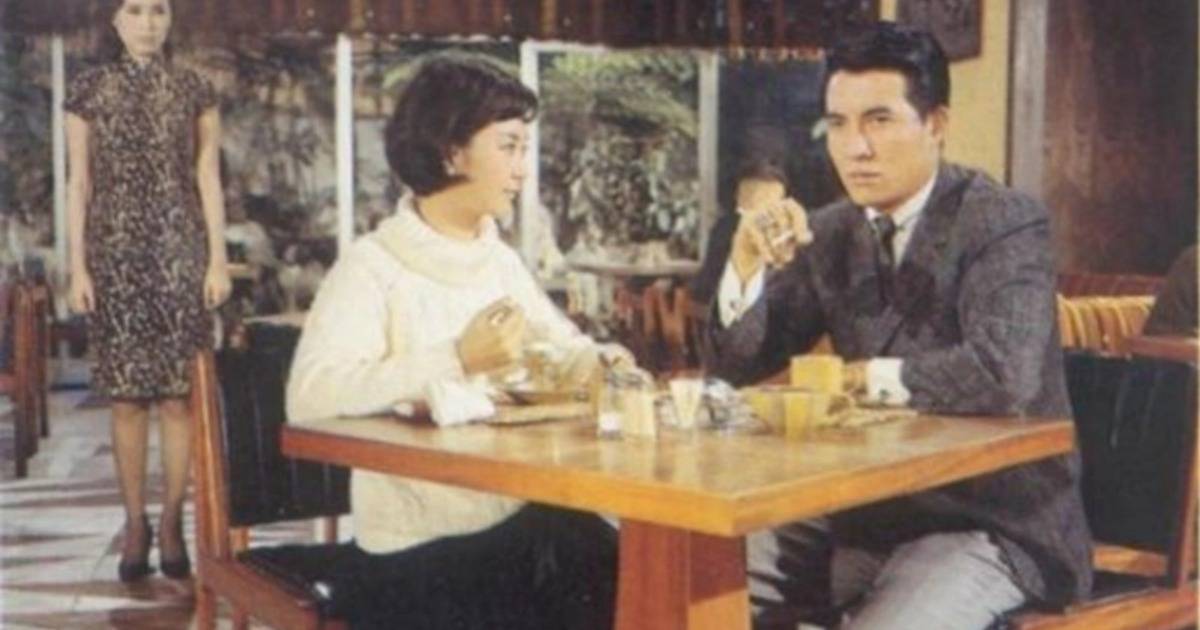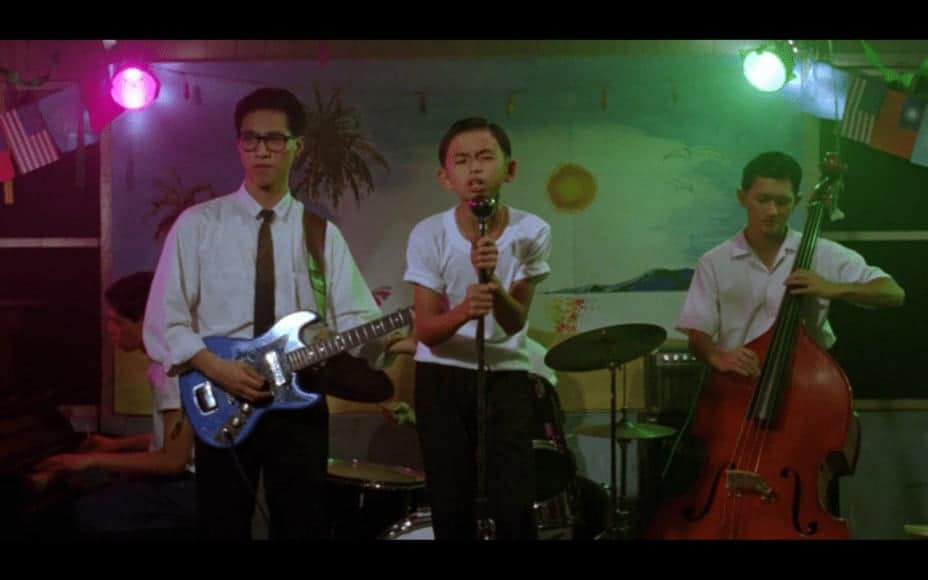Asian Pop-Up Cinema is dedicating one week to focus on Taiwanese documentaries. Part of their selection includes “Walking Dharma”. After “Transitioning” and “A Fight to the Death”, the movie is the third documentary directed by the Chih-An Chen/Hsin-Chih Hsieh duo.
Walking Dharma screened at Asian Pop-Up Cinema

In Taitung City, volunteers of Tzu Chi (a Buddhist charity) work hard to help people going through tough times – more or less permanently. The film follows the NGO's members daily lives, the people they live with, and the people they encounter. Starting off with a focus on Chen Rui-huang's day, a 67 years-old volunteer, the audience gets to meet various people living in extremely precarious conditions. The first bit of the documentary tends to focus more on the older generation being helped. It then moves on to exploring the personal lives of volunteers, their families, their stories and their motivations. The audience then gets to encounter the younger generation benefitting Tzu Chi's people's help. This builds up to “Walking Dharma” exploring the helpers and the ‘helpees', older and younger, and the bond they built throughout the years.
More than just a promotional video about the charity and its work, the movie is a wake-up call on the living conditions less fortunate still live in. But not just that. Indeed, what is also very interesting is that one consistent consequence of living on the margins of society is loneliness. Indeed, all the people visited seem to suffer greatly from isolation. More than bringing concrete solutions to very tangible problems (houses that need to be cleaned, school tuition that need to be paid for, etc), the volunteers bring in an invaluable company. And actually, the audience can ask itself if this isn't a two-way street, if this doesn't apply to every single person featured in the film, and not just to ‘those in need'. Perhaps the volunteers also fight their own loneliness by helping out. As corny as it may seem, human beings really need to feel loved, supported, to feel a sense of belonging and to be part of a social life.
Image-wise and narration-wise, the documentary doesn't revolutionize the genre. However, this it is to be expected as this is not an experimental movie and wants to be exhibited to the broader audience. Moreover, “Walking Dharma” avoids taking the viewers into a condescending/paternalizing/pity gaze towards the ‘helpees'. First, by blurring the lines between volunteers and those benefiting from the NGO's help. Secondly, by being very close to people's fragilities with the camera. It sometimes becomes almost uncomfortable because of how into people's intimacies the viewers are. But Hsieh Hsih-chih and Chen Chih-an manage to not make it flashy or obviously tear-jerking, and to offer a more empathetic look.
“Walking Dharma” is interesting. It introduces us to the world of Tzu Chi, it reminds us of existing precarity, but mostly it opens a reflection on the social aspect of human beings and societies.















